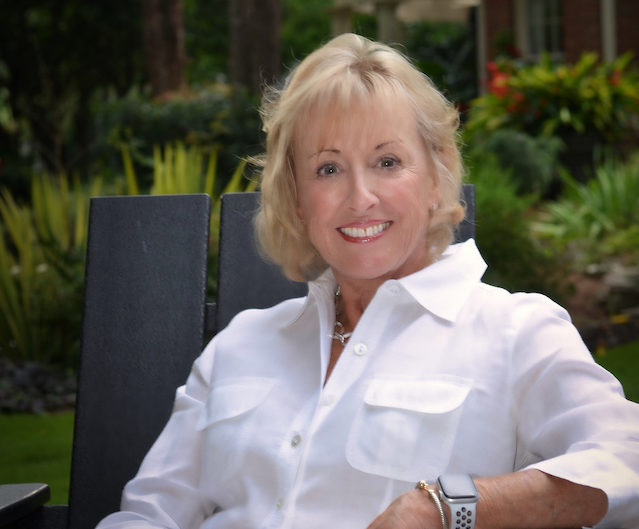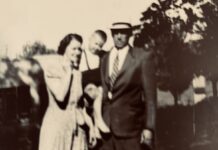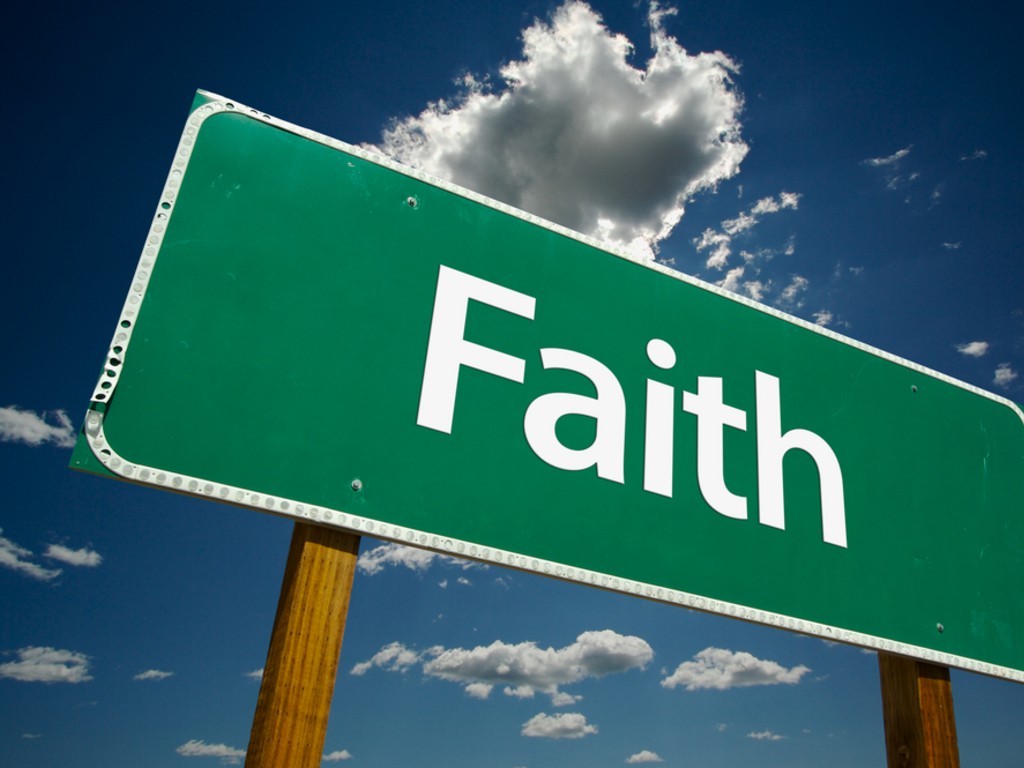
I was delightfully honored to be asked to speak at a civic club meeting. After my response, “Of course!” I began to ponder the topic.
I conferred with trusted friends and decided it would be “Life Lessons.” As I was settling on a subject, an old photograph of my mother fell out of an album I was dusting.
Her dark brown eyes seemed to be searching my face as I studied hers.
Elizabeth Walker was stunning and dignified with a quiet disposition. She spoke softly, always choosing her words carefully. I never heard her yell or demean another human being.
Between Mom and her mother, I learned many life lessons, but the first rule they both lived by was, “Always walk a mile in another’s shoes before believing you know the answer.”
In the third grade, a little boy sat in the back of our classroom. He was always dirty, his clothes ragged, and often, his odor permeated the room. Kids mocked him, shunned him, and I, too, found it difficult to tolerate the stench. However, before I could join with the others in taunting the boy, I recalled hearing my mother’s words, “Walk a mile in his shoes.”
His shoes were dusty brown leather with laces that did not match, and socks turned gray with age. His blond hair curled around his smudged, somber face. When I put on his shoes, in my eight-year-old mind, my heart hurt, and as I held my nose, I decided to be a friend to the boy who had no friends.
“Mama, I have to pinch my nose, but I’m trying to walk in his stinky old shoes!” I proudly declared. A wry smile accompanied her response, “Well, that’s good because God will not need to hold his nose when He is around you.”
At the time, I never understood why The Almighty might have to hold his nose when I took a bath every day, but as the years passed, it became abundantly clear. Stench and dirt born within our souls are worse than the foul odor of unwashed bodies.
Compassion is the number one lesson we all must learn before we acquire understanding. We may have never experienced hunger, but if we put ourselves in the shoes of those waiting in line for food, we begin to feel the pain of starvation.
Unless we have endured discrimination, been bullied or mocked; lived in poverty, or been wracked with pain, hopelessness, or loss; do we really comprehend how any of it feels?
No, we do not.
God will begin to hold his nose because of our filth if we do not put on the clean clothes of understanding and empathy.
The most intelligent and satisfied people I have met were those who were educated in insight and love. They never owned the shiniest cars or the biggest houses, but they had no need for them. These were people who understood the art of living—brilliant folks who knew this earthly life is made richer by humility, sharing, kindness, and easing others’ burdens.
My Grandmother, aka Grandpa, gave away more things than I believe she ever kept. Whether it was her canned green beans, pies, or quilts, they found their way to those who wanted or needed them more than she did. She over cooked, over cared, over loved, and over enjoyed her life.
“Grandpa, what are you going to do with all those white gladiolas in the garden?” Every summer, the same flowers climbed toward heaven row after row.
“Honey, they go to the church on Sunday and then to the nursing home after that. Everybody always needs a flower!”
Everyone should have a heart like Grandpa’s. Her life was abundantly full because she gave it away one flower, one pie at a time, in doses of kindness all the days of her life. She continually walked a mile in other people’s shoes and felt every pebble under each sole.
I also found a photograph of my third-grade class in the old album. Not everyone is in the snapshot, but I am in the first row with Sally, Mary Margaret, and Wanda. I recognize most of them, along with the boy in the back with his sweet face smiling at the camera. His pale eyes search mine as I look back to the year when we were eight.
It was the year I walked a mile in his shoes and was blessed by the lasting lesson it taught me.







